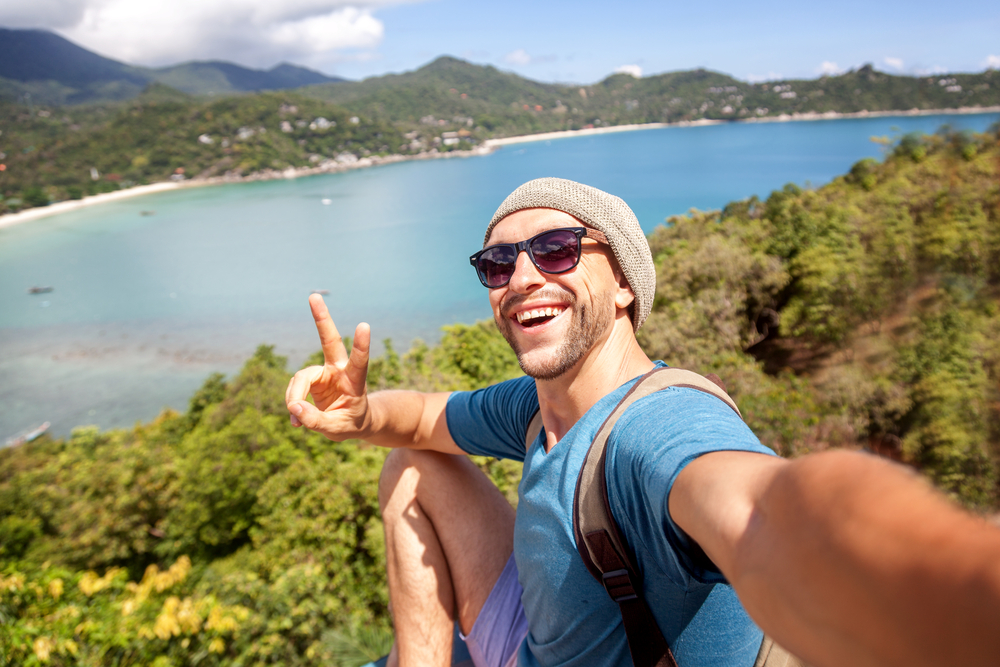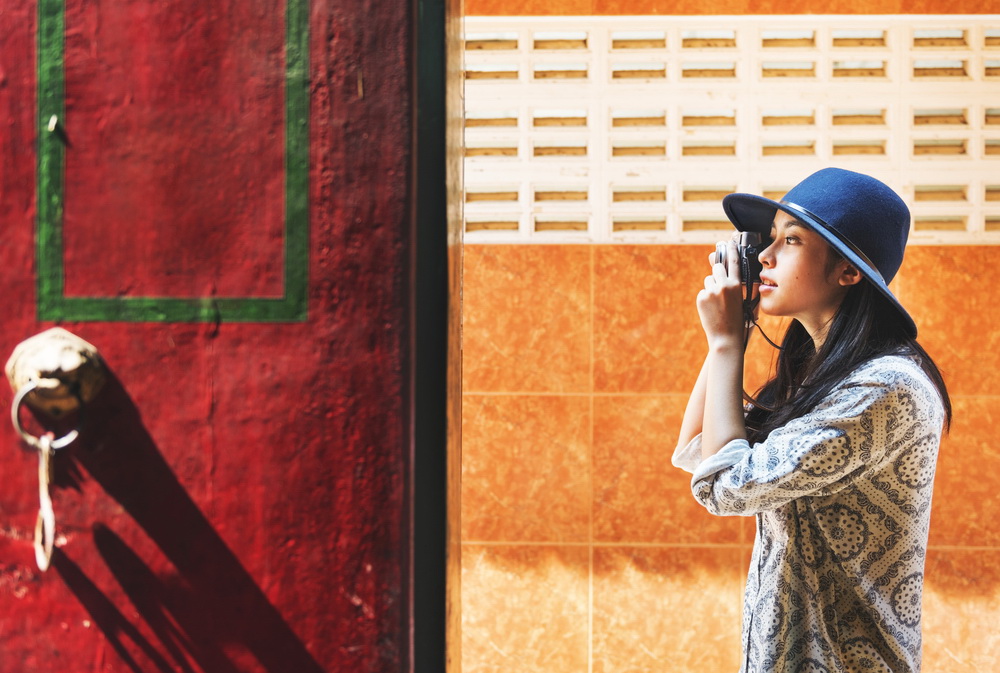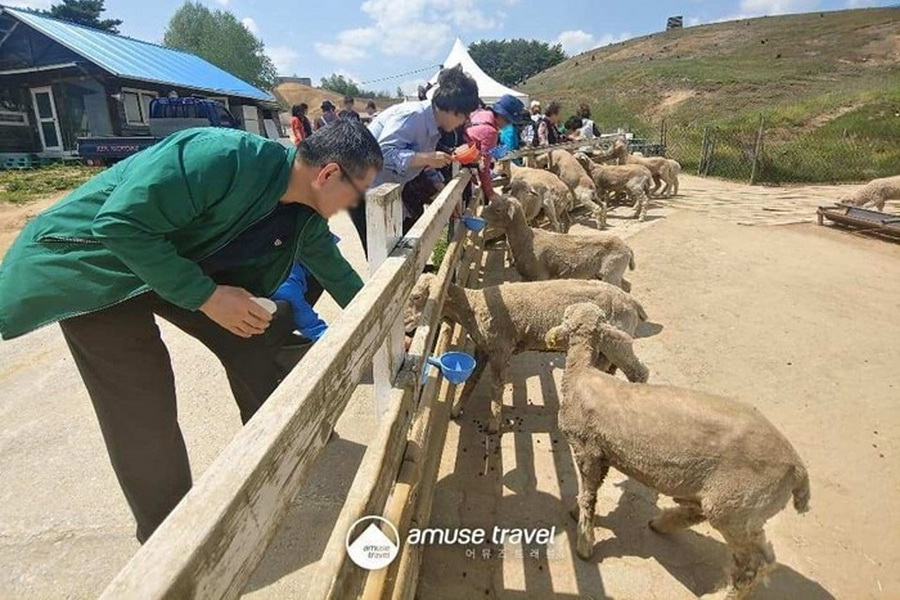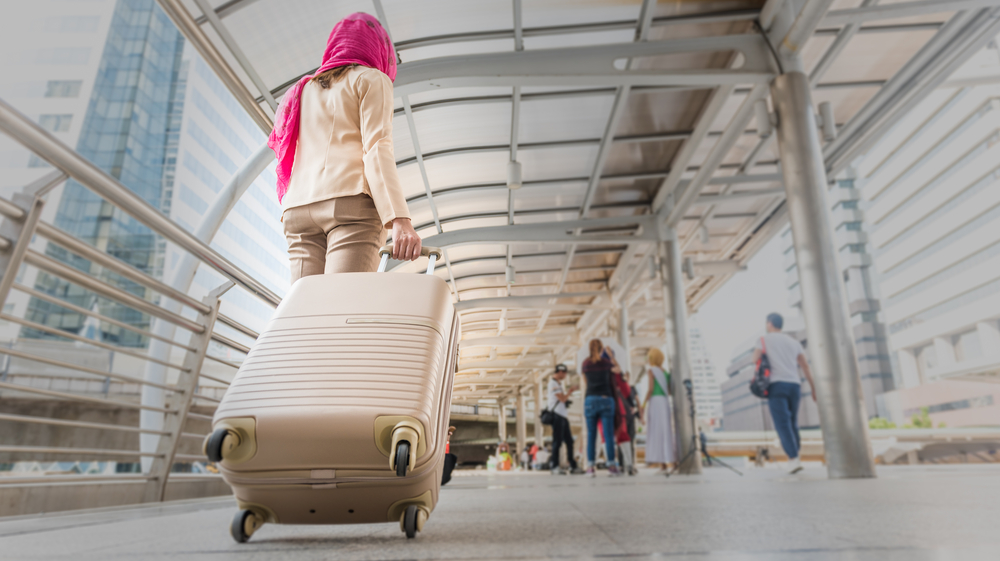What curated itineraries and social apps tell us about how people will travel in 2020
Contributors are not employed, compensated or governed by TDM, opinions and statements are from the contributor directly
Remember culture shock? A common phenomenon for travellers a decade ago, where travellers would arrive in a new place and step outside of their comfort zone to pursue the unfamiliar. It was often accompanied by the shock of a new environment, with new people and a new way of life.
In today’s connected world, it seems that travelling for the unfamiliar could be a thing of the past. The iPhone-toting millennial travellers have brought a completely new perspective to travel: one that’s all about convenience and personalisation. Writes Sebastien Gibergues vice president of online travel in Asia Pacific at Amadeus

And soon, there will be new holidaymakers ready to be issued with a passport and pointed towards the departure lounge – digital natives, Gen Z’ers. There’s a daunting task ahead for travel agents and marketers to understand where this next generation of global travellers want to go, and most importantly, what kind of experiences they want to have.
Today’s modern traveller wants control. Smartphones and other emerging digital channels are enabling travellers to pick and choose their own adventures. There is a big opportunity for further innovation in travel to design unique experiences that matter to travellers, whoever that may be.
In search of the curated experiences
 It is said that 70% of the pictures posted on Instagram are travel-related. Instagram is considered a top source of inspiration for millennials and Gen Z’ers when deciding where to travel to, over factors such as local cuisine and tours. Whether Instagram is used as a travel guide or to make friends envious, travel for younger generations will continue to focus on this self-presentation and user-generated content.
It is said that 70% of the pictures posted on Instagram are travel-related. Instagram is considered a top source of inspiration for millennials and Gen Z’ers when deciding where to travel to, over factors such as local cuisine and tours. Whether Instagram is used as a travel guide or to make friends envious, travel for younger generations will continue to focus on this self-presentation and user-generated content.
As Instagram becomes somewhat of a “digital self-extension”, more travellers are looking for travel experiences that are authentic and curated to their desires. Over half of travellers now want travel brands to tailor travel destination content and shopping to their preferences and past behaviours. Brands are responding by adding a big dose of imagination to the process of booking a holiday.
This means designing holidays for each travellers’ needs and interest, for not only where they want to go but also how they want to feel. Whether that be living in luxury or living like a local. Travel activities company Adventoro is betting on “bespoke” as a buzzword, offering expertly curated, exotic experiences for every kind of traveller, from canoeing river rapids and spelunking to learning a new language in Asia.
Socialising – on your own terms

Travelling solo could once be perceived in the domain of the extroverts – the outgoing, sociable, free-spirited travellers. These travellers thrive in social situations, aren’t afraid to introduce themselves to new people, rarely avoid unfamiliar situations or environments and pursue new activities and interests.
Now, social media has changed the game. Social networking apps are enabling travellers to connect with like-minded explorers and experience another culture on their own terms, at their own pace. Travellers are encouraged to socialize among themselves freely, form subgroups with similar interests or receive suggestions for specialized tours with other visitors and possibly come away with a new friend.
Lyfx pairs travellers with outdoor adventurers, VeloGuide matches travellers with local cyclists for personal tours, and Tourlina is exclusively for women and operates a lot like a dating app by swiping on potential travel companions with similar itineraries and timing. Ctrip uses instant messaging app WeChat to provide virtual tour guide services to mandarin-speaking leisure travellers. Its social platform Party Animal saw more than 260 local guides in 54 destinations hold more than 6,000 parties for 30,000 people in 2018.
Travel is inclusive, not exclusive

Modern travellers want to be able to travel to any part of the world without compromising their individual needs or lifestyle. The ubiquity of digital and sharing platforms has made travel much more inclusive for two demographics in particular: travellers with accessibility needs and culture or faith-based needs.
Millions of people around the world with accessibility needs want to travel more, be connected and have a greater variety of personalized travel services and destinations. Above all, they want to be considered as travellers first, with the ability to plan, search, and book, and purchase their travel independently.
Tour operators like Amuse Travel are hoping to solve mobility problems through accessible tourism technology, offering great holiday options for travellers with special needs or those that face disabilities. New, innovative apps like sociAbility are taking the guesswork out of finding venues like restaurants and cafes or routes at airports and stations that are actually “accessible”. Travellers can judge accessibility for themselves, according to what they need and want, right there and then.

Travel brands are also incorporating elements of “localization” such as culture and faith-based processes and practices into the travel journey, to enhance the travel experience for the blossoming Muslim travel market. Salam Standard enables a Malaysian traveller to pre-order halal food in Beijing, before making the informed decision to embark on the journey. A Makkah Metro project in Saudi Arabia has been launched to complement rail and train projects that will serve visitors to the holy mosques and other holy sites.
Above all, people want to create their own memories and adventures. The travel market is experiencing a good shakeup to deliver on this and technology is enabling travel companies to design travel experiences that work for each traveller – regardless of their status, capabilities or condition.


Comments are closed.